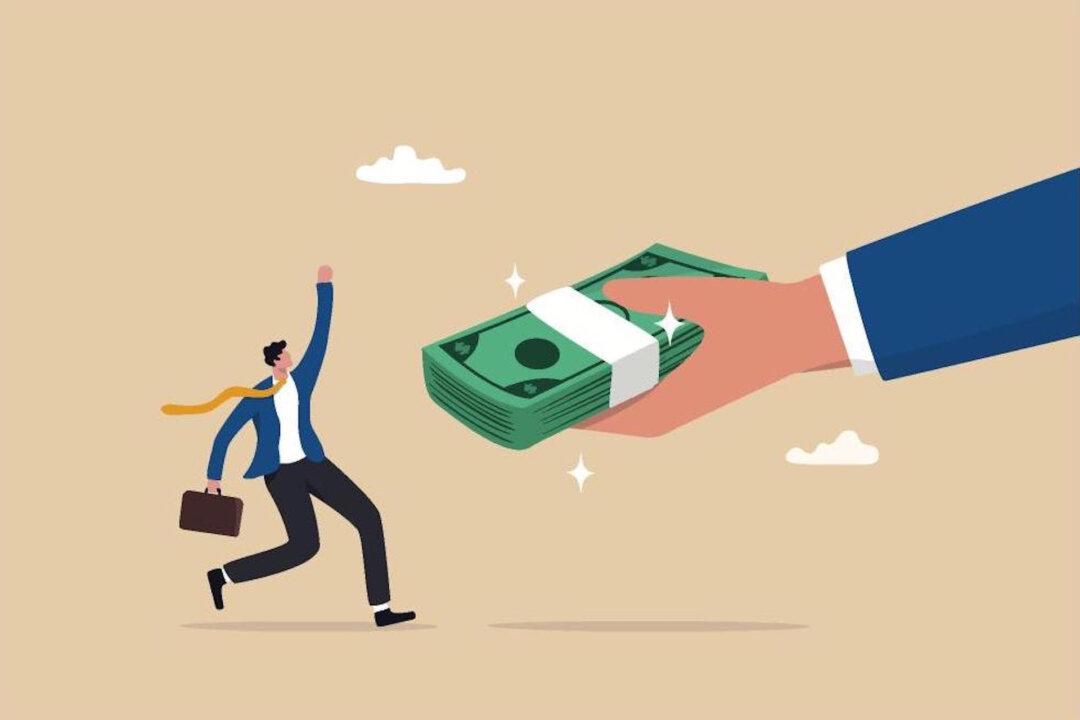Dear Cheapskate: I just had my annual review at work. My boss told me I’m doing a good job then gave me the option of taking my raise as a lump sum or a salary increase. But I’m not sure if it’s better to get the money all at once or spread out over the entire year. What is the right decision?—Geoffrey, Ala.
Dear Geoffrey: If you take the salary increase, how many months will it take to match the amount you would get in the lump sum? Are you fairly certain you will have this job at least that long? Of course, there are no guarantees, so you need to evaluate your tolerance for risk. The safe decision would be to take the lump sum, pay taxes on it now, and look forward to another merit increase in the future. However, if you are more of a risk-taker and believe you will be on this job for many more years, accepting the monthly option could net you more money over the long run. Sometimes the best way to make a decision is to take the “pillow test.” Consider which decision would allow you to sleep better. Hope that helps!





